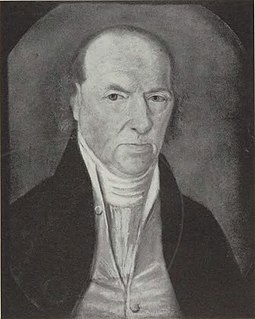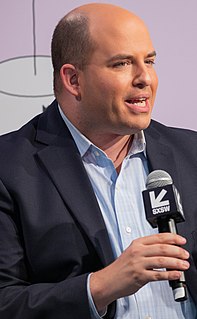A Quote by Peter Landesman
We've all seen 'Network' and 'Wag the Dog,' but we were somehow insulated by the fact that those were just movies, fictions, and we could rest easy that the Real News doesn't operate that way. Well, it does - sometimes.
Related Quotes
Television and movies were our biggest teachers. When we came to the United States, the Vietnam War was just ratcheting up. And so the Asian faces that I saw on the news, they were the face of the enemy. Asian men, particularly, were either small, ineffective, or they were evil. And those messages were deeply, deeply embedded in me for many years.
Why shouldn't it be that way for the rest of us? Why not just go with it? Just walk the dog and send the tweets and eat the scones and play with the hamsters and ride the bicycles and watch the sunsets and stream the movies and never worry about any of it? I didn't know it could be that easy. I didn't know that until just now. That sounds good to me.
Mad Dog Time is the first movie I have seen that does not improve on the sight of a blank screen viewed for the same length of time. Oh, I've seen bad movies before. But they usually made me care about how bad they were. Watching Mad Dog Time is like waiting for the bus in a city where you're not sure they have a bus line.
Our moral reasoning is plagued by two illusions. The first illusion can be called the wag-the-dog illusion: We believe that our own moral judgment (the dog) is driven by our own moral reasoning (the tail). The second illusion can be called the wag-theother-dog's-tail illusion: In a moral argument, we expect the successful rebuttal of an opponent's arguments to change the opponent's mind. Such a belief is like thinking that forcing a dog's tail to wag by moving it with your hand will make the dog happy.
The strange thing about the apocalypse is that it's uneven. For some people, it goes one way and for others another way, so that there's always this shifting relation to the narrative of the disaster. Sometimes apocalypses are just structural fictions, and sometimes they're real. Sometimes a narrative requires an end - the fact that the beginning was always leading somewhere becomes clear at the end. There's an idea that we're always in the middle, but we posit this apocalyptic end in order to also be able to project into the past or the beginning. I think that's true and false.






































